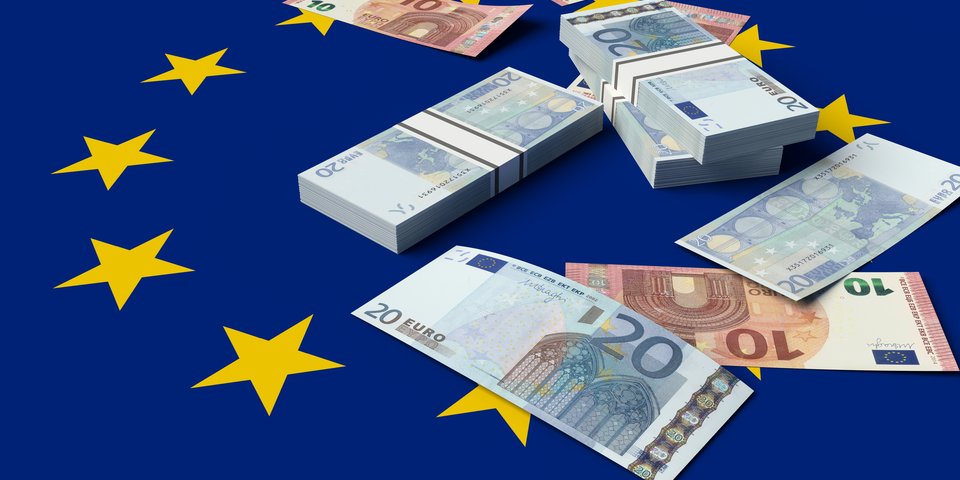 iStockphoto/Gil-Design
iStockphoto/Gil-DesignSomewhere between protectionism and a departure from normal
France wants to promote Europe's strategic independence. The path she is taking seems questionable at times.
UM – 01/2022
Healthy sovereignty through paracetamol?
French President Emmanuel Macron presented
his government's EU Council Presidency agenda at the European Parliament in
Strasbourg on January 19, which once again emphasised Europe's sovereignty.
This will also affect the healthcare sector as well as the energy and digital
technology sectors. Beyond his political speech, yet very specifically, this
will also involve a factory in Roussillon that will produce 10,000 tons of
paracetamol per year starting in 2023. The French government is promoting this
relocation as a milestone. Production of the well-known antipyretic painkiller
on French soil is expected to become a kind of starting signal for the
resilience of Europe's healthcare systems. This will be helped by billions in
government subsidies awarded through so-called "Important Projects of
Common European Interest", or in short: IPCEIs.
IPCEIs stand for technological progress
IPCEIs are an instrument for enabling
financial subsidies to be awarded by suspending otherwise applicable
restrictions on government subsidies. For example, this happens in the case of
important projects of common European interest that are expected to make an
important contribution to competitiveness, employment and growth throughout the
European economy. The aim is to develop new, innovative technologies in which
several member states participate and from which the entire EU will benefit.
The funding decision is made by the participating countries themselves; the EC
only decides on whether the states may make the funds available.
WHO: Paracetamol is essential
An IPCEI must have ambitious goals in terms
of innovation and research (see here). It's all about technological advancement. How
paracetamol, which is by no means new, fits in here requires explanation. Other
IPCEI requirements, such as fulfilling a common strategic objective, are easier
to justify. Strengthening resilience in the health sector is a high priority
objective following the pandemic experience. Strengthening Europe's
independence from world markets in strategic active ingredients is something
that many member states are committed to. Whether acetaminophen should be
considered to be a strategic active ingredient still has to be determined.
After all, it has been listed as an essential medicine by the WHO since
1977.
Resilience or an industrial subsidy?
Some member states, including Germany, are
said to sympathise with the French idea. On January 18, the Council of Health
Ministers also addressed the issue - still without results. This matter not
only has a catch in terms of content, it could also have a price. The single
market is the heart of the EU. Competition needs clear rules that apply equally
to everyone. Understandably, countries such as Spain or the Netherlands warn
against the danger of undermining functioning markets through inappropriate use
of the IPCEI instrument. France's move raises the question of whether the
argument for Europe's autonomy serves as a pretext that ultimately hides a
state industrial subsidy. An answer must be given here as well.
